
Introduction to infant bronchitis
If an infant has a constant cough and is having a difficult time breathing, it is very likely that the child is suffering from the bronchitis.
When this occurs, the first thing a parent must do is contact the doctor.
Bronchitis is an inflammation of the airway that connects the lungs and the nose, and it is usually caused by bacteria.
The infant could develop the condition when it is about six months old and up to two years of age, the parent should be on the look out for it.
Often, it will result at a time when the seasons are changing. Another factor that can lead to bronchitis is if the child has a parent that smokes a lot of cigarettes in front of it.
The infant is more likely to get bronchitis during the winter and early spring and it was noted that male infants are more likely to get it than females, more specifically, males that are formula-fed run the greatest risk.
Causes
The most common cause of bronchitis in infants is respiratory syncytial virus (RSV), but there are other ones such as parainfluenza virus, which brings respiratory infections, mycoplasma, a virus that causes pneumonia and other respiratory disorders, adenoviruses, which cause conjunctivitis and other disorders, and the influenza virus, which most often leads to a common cold that can turn into bronchitis.Symptoms
The main symptoms of such an infection are ones that are similar to the symptoms of a common cold. The baby will most likely have a runny and study nose and cough. It could also be suffering from breathing difficulties and rapid wheezing. When this occurs, it might be accompanied with an unusually fast heart beat as well.
The doctor will give the baby a physical examinations and tests such as a pulsoximeter and a chest x-ray to determine if the infant has a bronchial problem. Treatments
The best thing to do immediately if the infant is suffering from bronchitis is to give it a lot of non-caffeinated fluid to drink. A parent can also use a humidifiers and saline nose drops to help treat the initial symptoms. This will help get the mucus out of the baby’s nose.
However, since the baby is very sensitive at this early stage in its life, it is best to see a doctor as soon as possible and in some cases, even take the baby to the hospital just to be sure.




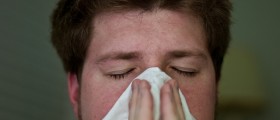



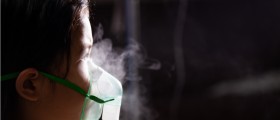

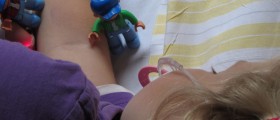

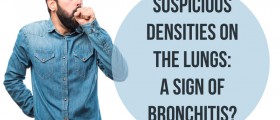

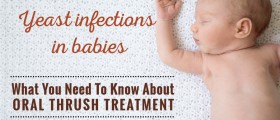


Your thoughts on this
Loading...